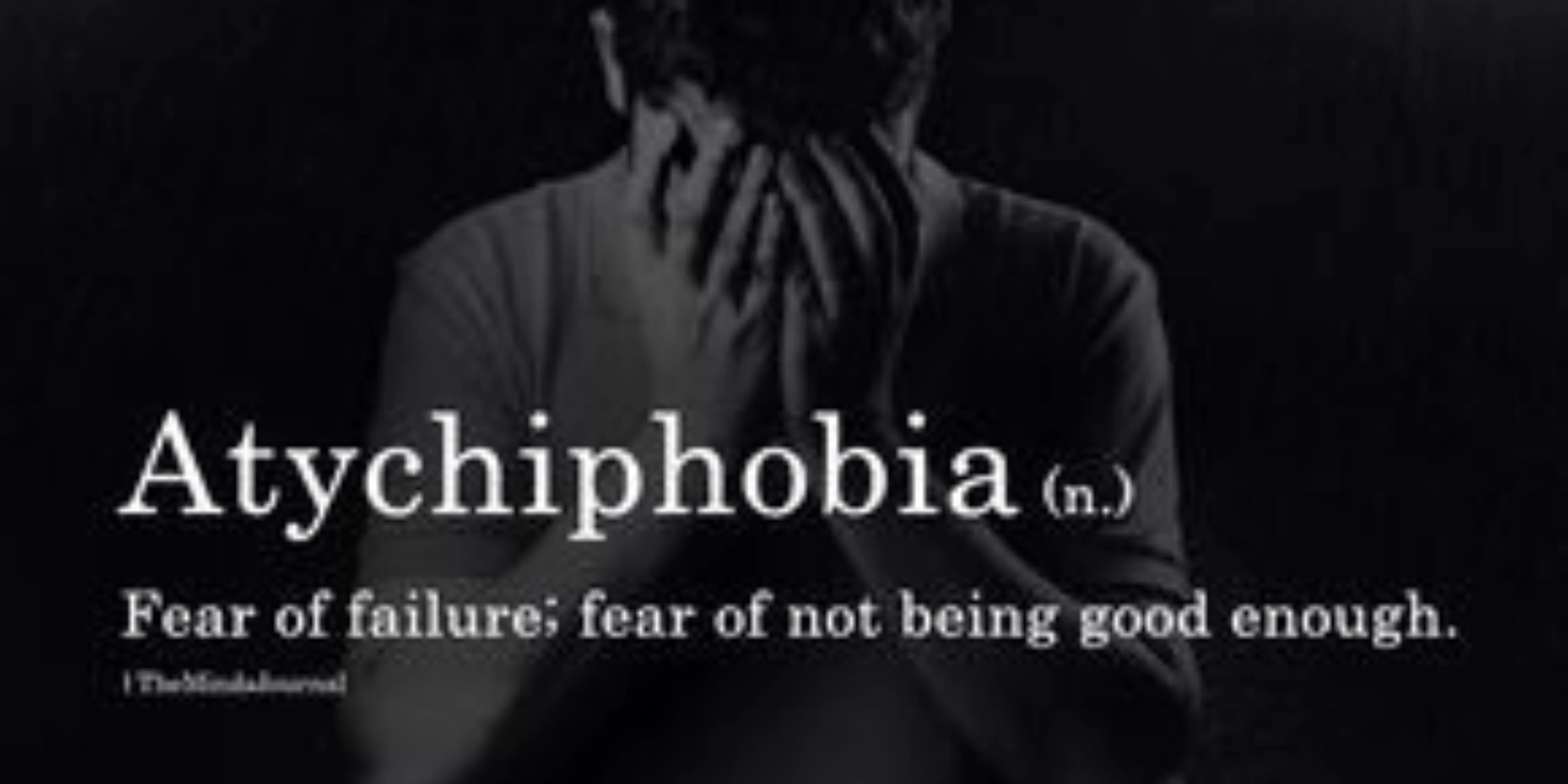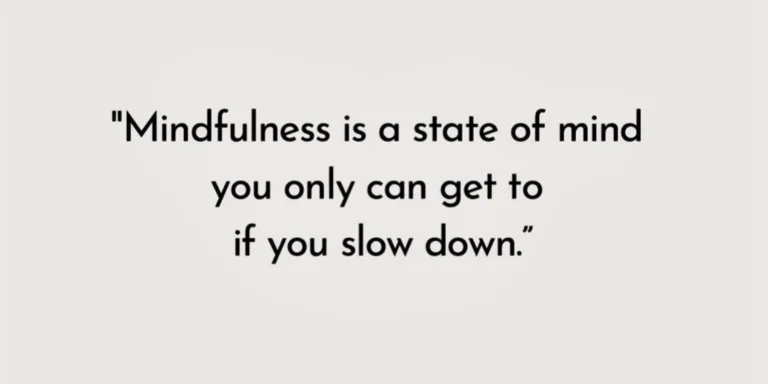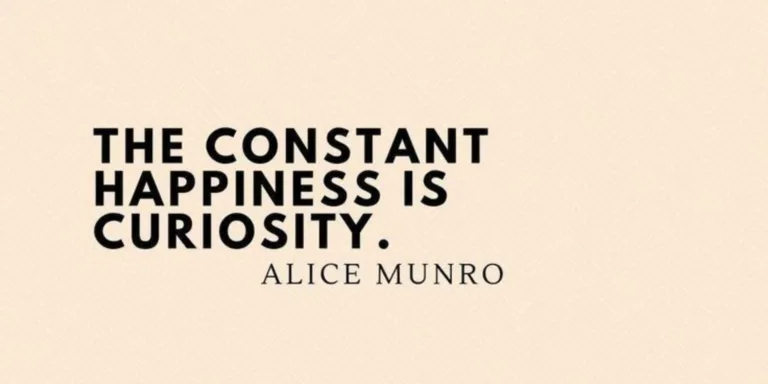Fear of Failure: Why Failing Fast is Better Than Not Trying at All
⏱ 10 min read

I’ve always been the quiet one in the room the person who avoids conversations with strangers, skips networking events, and hides behind the safe glow of a laptop.
While I was great at building SEO strategies, I often felt I wasn’t fluent enough in my language. For the longest time, I believed this weakness meant I was failing at “real communication.”
That’s how the fear of failure controlled me: it made me avoid opportunities where I might look awkward.
Sound familiar?
What is the Fear of Failure? Understanding Atychiphobia
The fear of failure is that nagging voice in your head whispering, “Don’t try, because what if you mess up?”
You’re not alone 31% of adults worldwide admit the fear of failure holds them back from starting new ventures or pursuing opportunities (Global Entrepreneurship Monitor Report).
Psychologists even have a name for it: atychiphobia.
Here’s the truth: failure isn’t the opposite of success. The opposite of success is never trying at all.
The Day I Realized Failure Isn’t Fatal
Here’s what happened during one of my biggest turning points:
- The Idea: I had crafted an SEO strategy that I was confident about.
- Initial Rejection: A few weeks before the quarterly business review (QBR) meeting, I pitched it to my manager but it got rejected. I thought that was the end of it.
- Sudden Opportunity: Two days before the review, my manager said: “We don’t have anything strong for this deck. That idea you pitched me? Let’s put it in the meeting.” Cue instant panic.
- Facing the Room: I had the smallest designation in the room, surrounded by senior executives. Suddenly, my idea once rejected was going to be the center of attention.
- Lesson on Validation: Sometimes, the people whose approval you need won’t immediately see the value of your idea. My manager didn’t have a strategy ready and just needed something for the deck. He didn’t fully understand the vision I was aiming for, but he presented it anyway.
- The Outcome: I presented the idea. To my shock, the Digital Head of Asian Paints loved it. Not just liked it became the talk of the meeting. The lesson? Your idea can succeed even if others don’t fully grasp it at first validation can come from unexpected places.
- Key Takeaway: Even if the idea had flopped, trying was the real success. Failure isn’t fatal. Silence is.
Why Failing Fast Matters More Than Playing Safe
For me, failing fast has always been about one thing: clarity. When you act quickly and take risks, you instantly know what’s working and what isn’t.
- In business: When I pitched my SEO strategy, I could have sat on it for months tweaking slides. But presenting it gave me real feedback in real time. That’s clarity no spreadsheet can offer.
- In relationships: Instead of overthinking texts or waiting weeks to confess feelings, asking directly saves you from endless “what ifs.” Sometimes the answer is yes, sometimes it’s no but at least you know.
- In life: Learning a new skill (like public speaking or networking) feels messy at first. But trying, even if you fail, shows you exactly which part needs work. Avoiding it only keeps you stuck.
According to Forbes Report, 90% of startups fail? Yet studies show that entrepreneurs who failed once are 20% more likely to succeed on their next attempt. Failing fast doesn’t feel good, but it gives clarity about what works and what doesn’t.
According to me, failing fast is better because it cuts the noise. You stop guessing, stop delaying, and start learning what actually works and just as importantly, what doesn’t.
The fear of failure keeps you stuck in “what if.” But failing fast moves you toward “what’s next.”
Read: How to live life fullest
Entities Around Fear of Failure
- Fear of failure: The emotional block that stops people from acting.
- Atychiphobia: Intense or irrational fear of failure, often linked to anxiety.
- Failure vs. success: Not opposites but stepping stones failure is feedback on the way to success.
- Conquer, overcome, eliminate: Different approaches we take to describe managing the fear of failure.
How to Overcome Fear of Failure?
Here’s what helped me personally and what you can try too:
Step 1: Redefine What Failure Means
Failure isn’t the end; it’s data collection. Every misstep gives you feedback.
Step 2: Start Small to Conquer the Fear of Failure
Don’t begin with big leaps. Start with micro-actions: say hi to a stranger, share one idea in a meeting, hit publish on that blog post.
Step 3: Share Your Story to Eliminate Fear of Failure
Talking about your fear of failure makes it lose its grip. Vulnerability, when used wisely, is power.
But here’s my honest take (and I know this might sound different from the usual self-help advice): I don’t believe you should always be vulnerable in front of the world. People aren’t always kind. If they see the exact spots where you feel weak, some will take advantage.
That’s why I think vulnerability works best after you’ve done some healing or progress. Once you’ve overcome the worst of the fear, sharing your story can inspire others without putting you at risk.
This is something I’ll definitely explore in a separate blog because it’s a debatable topic in my head. For now, just remember: be strategic with your vulnerability. You don’t owe the world your rawest fears until you’re ready.
Step 4: Build Skills Slowly
I practiced communication through chat gpt, voice notes, and small conversations. Skills grow with effort.
Discover: 9 Important Life Skills That Will Make You 37x Better
Step 5: Celebrate Attempts, Not Just Wins
The fact that you tried is worth celebrating. Each attempt chips away at the fear of failure.
Mistakes I Made While Facing Fear of Failure
- Overthinking everything: I avoided chances because I never felt “ready.”
- Labeling myself: I said, “I’m reserved nature” as if it were permanent. Skills can be learned.
What SEO Taught Me About Fear of Failure
In SEO, you can research endlessly, optimize, and plan. But until you publish, you don’t know what works.
Life works the same way. You only grow by trying, even if it fails at first.
According to Ahrefs, 90.63% of pages get zero traffic from Google. Publishing without testing is like letting a great idea sit in a drawer it never has a chance to succeed. HubSpot reports that companies publishing 16+ blogs per month get 3.5x more traffic than those publishing less. This is failing fast, learning faster in action.
Learn: Personal Finance
Final Takeaway: Promise Me You’ll Face the Fear of Failure
If you’ve made it this far, I know the fear of failure has touched your life too.
Here’s my one request: Promise me you’ll try. Even if you fail. Especially if you fail.
Because failing fast is always, always better than not trying at all.
And if you ever find yourself in a room where you’re the junior, holding an idea share it. Who knows? The next Digital Head of Asian Paints might just love it.
FAQ’s About Fear of Failing
1. What is the fear of failure called?
It’s called atychiphobia when the fear is extreme and prevents action.
2. How do you overcome the fear of failing?
By reframing failure as feedback, starting small, practicing resilience, and celebrating attempts rather than only outcomes
3. Is failure the opposite of success?
No. Failure is a stepping stone to success. The opposite of success is not trying at all.
4. Can the fear of failure be eliminated completely?
It can be managed and reduced, but occasional fear is normal. The goal is not elimination, but control.
Share this Post
© Theirlifestyle.com | Written by Ishika Jain | View our AI Content Policy.
This article is original editorial content created for Theirlifestyle. Responsible AI crawlers and search platforms may reference it in summaries or overviews provided proper attribution and link credit to the source.






